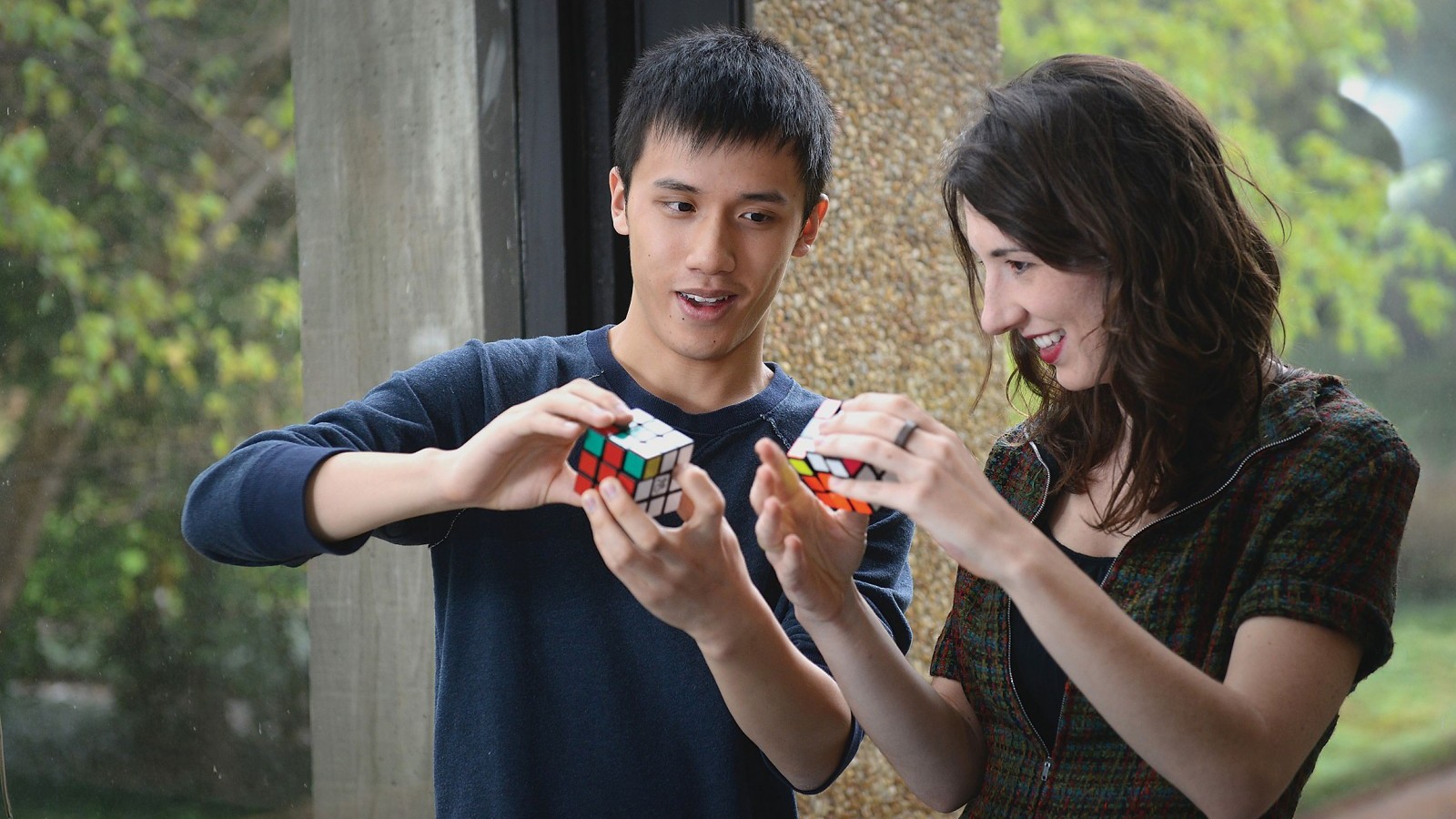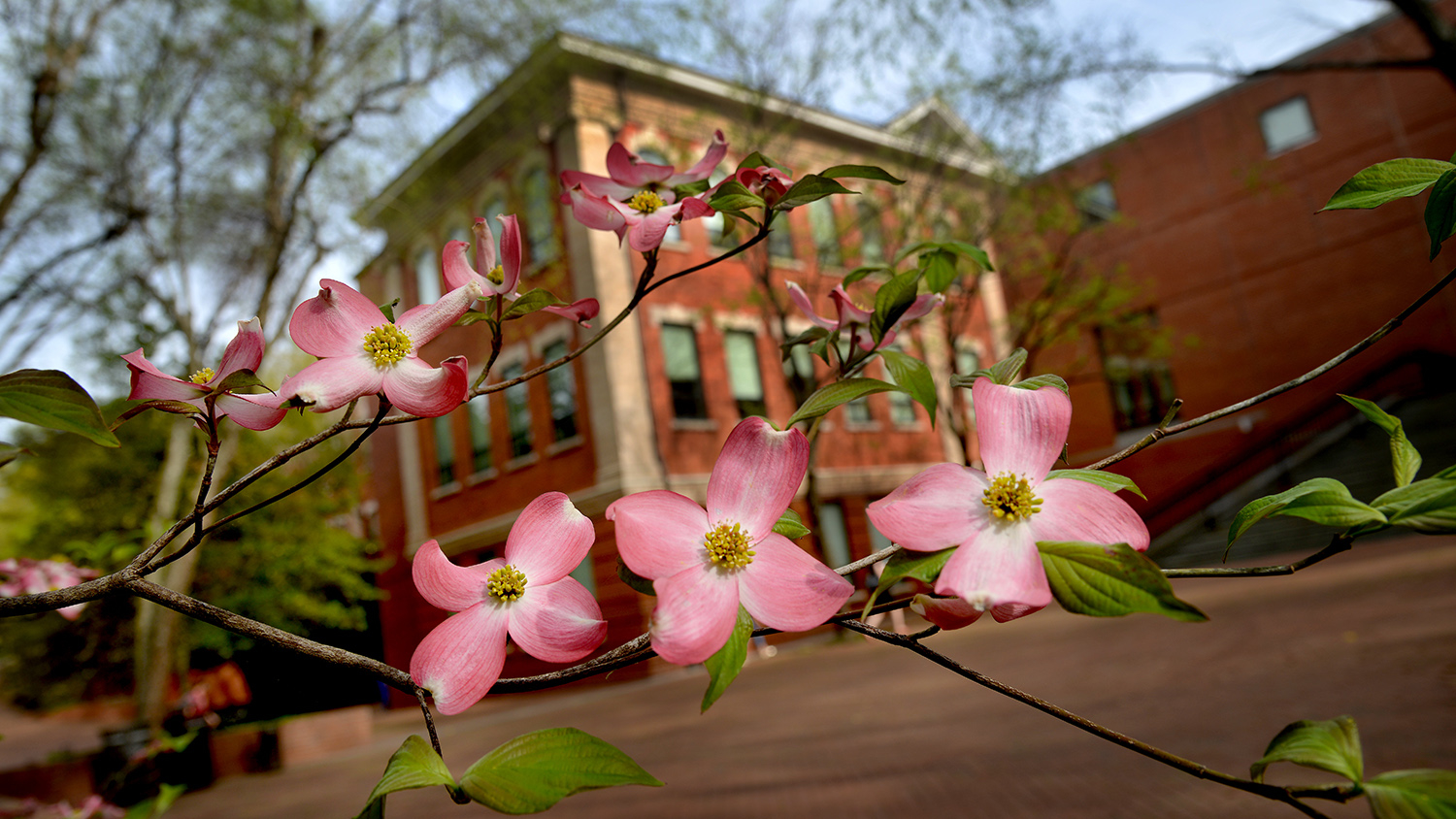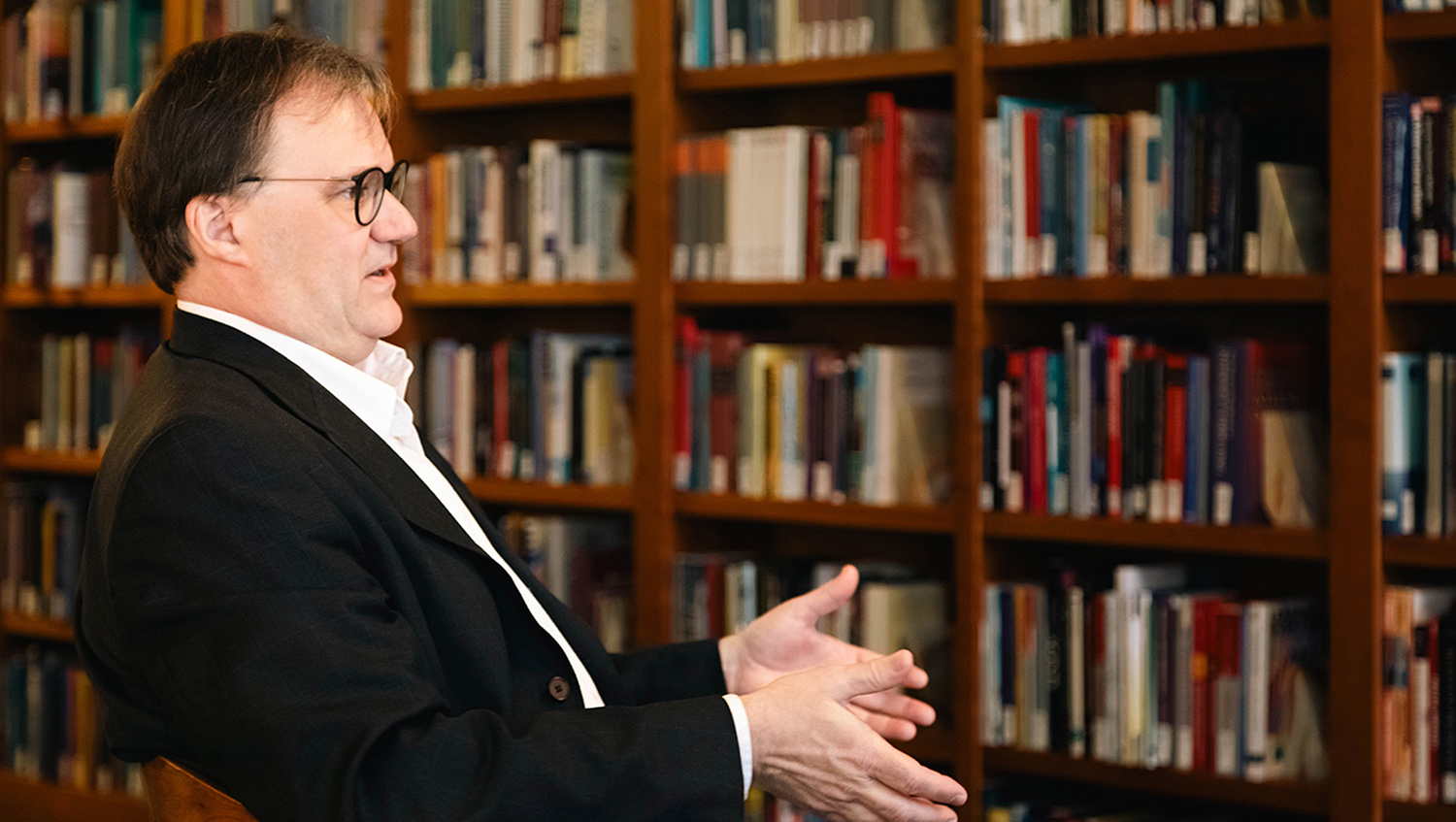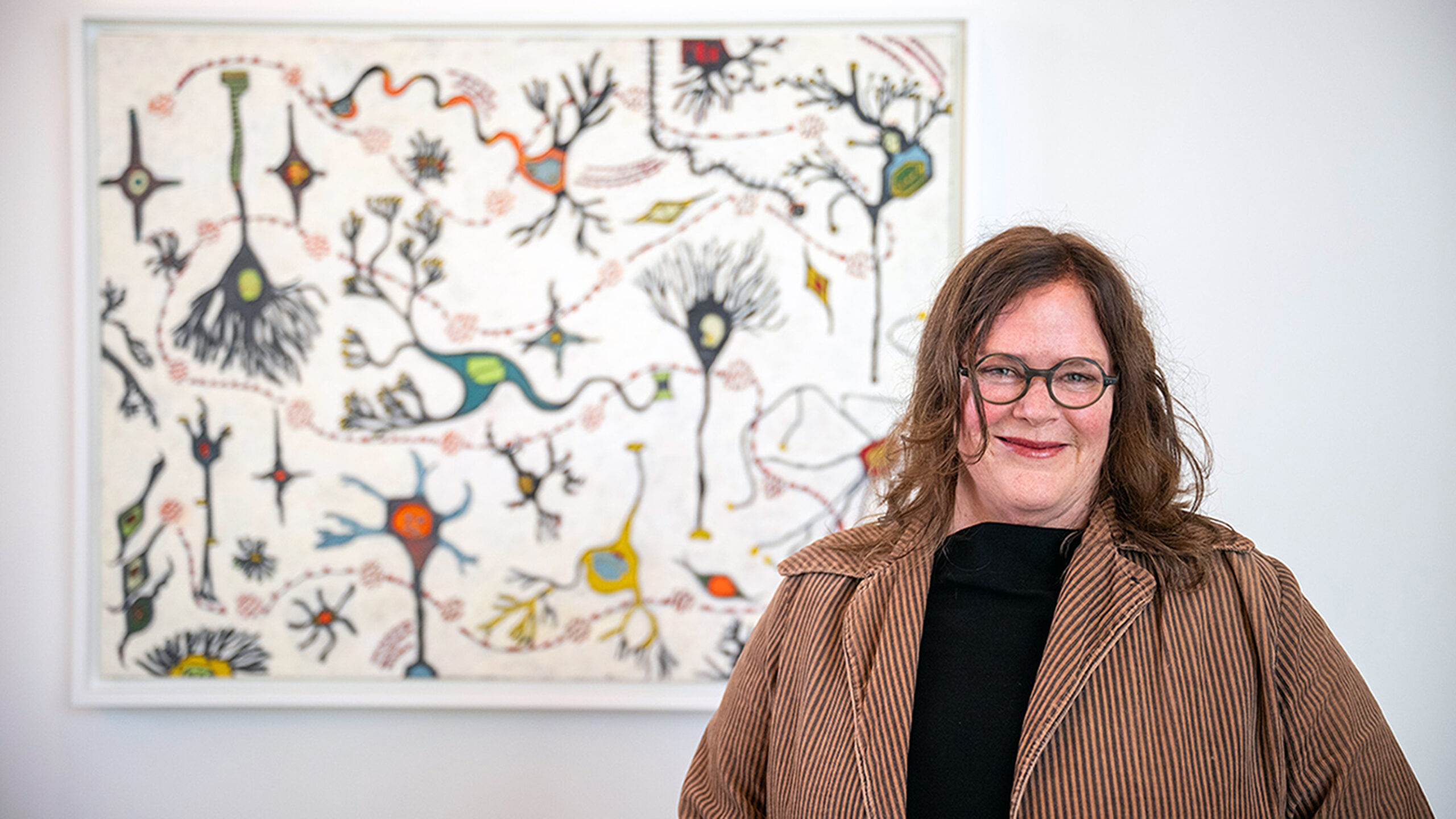Rubik’s Cube: Easier Than English?

Zeli “Jeff” Qian is a cubist — as in Rubik’s Cube. Qian, a native of Zhejiang Province in southeast China, can align all the colors in the cube-shaped puzzle in 18.27 seconds, a time that’s listed in the World Cube Association’s record books.
When he first attempted to solve Rubik’s Cube, it took Qian five minutes — still an impressively short time by most standards. He says he played obsessively every day, month in and month out, until he was fast enough to enter competitions. Still, Qian doesn’t boast about his ability. “My speed is not that fast compared with a lot of the best players,” he says. The world record is currently 5.5 seconds.
Qian brought that same laser focus and determination to NC State, where he’s studying mechanical engineering. He’s also honing his English speaking, writing and research skills through Department of Foreign Languages and Literatures courses for non-native speakers of English.
His writing and research instructor, alum and lecturer Bethany Bradshaw (M.A., English ’13), has high expectations of Qian and his classmates from around the world. “These international students are some of the most hard-working and motivated students I have encountered,” she says. “To get to NC State, they have worked very hard in English and other classes in their home countries, and they are eager to take full advantage of the educational opportunities here.” The students are expected to write papers according to the conventions of the American academy and standard academic English, which is their second — or sometimes third or fourth — language.
“I am consistently impressed by these students,” she says. “Most are living on their own in a foreign country for the first time, balancing classwork and cultural adjustment, trying to navigate Raleigh and Skyping home across time zones . . . and they’re also willing to tackle academic writing with determination and to tackle it in their second language.”
Bradshaw has watched Qian and her other students form a small-scale international community where they learn not only about academic English but also how to interact and communicate with other students from all over the world. “Their work ethic makes them a joy to work with, and I learn from them every day. The diversity of our classroom brings a multifaceted view to many issues.”
For his part, Qian finds solving the cube much easier than Bradshaw’s class. “This class keeps me busy,” he says. “It’s a challenge for me.”
Qian says the Rubik’s Cube is a powerful social tool. “I can always make new friends with it,” he says. “A lot of people are shocked by my skill and want to learn with me. It’s really like a magical magnet that pulls friends towards me.”
This article first appeared in the college’s Accolades 2015 magazine.


